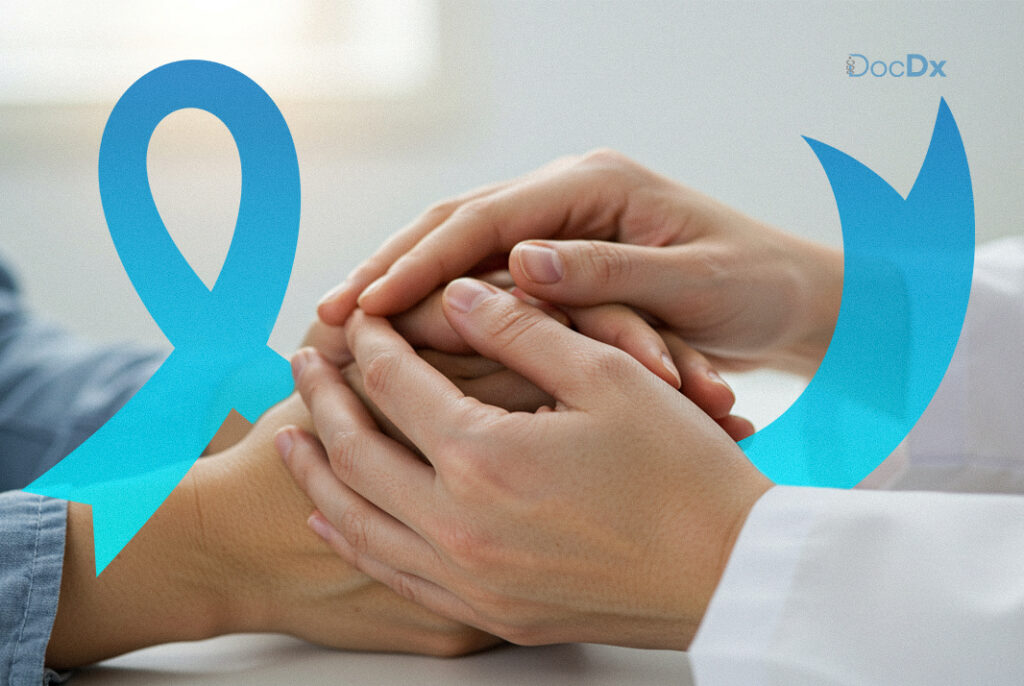Why Mental Health Conversations Matter
Let’s be real—mental health often gets swept under the rug. But it matters just as much as physical health. Ignoring it? That’s like ignoring chest pain and hoping it’ll go away. Spoiler: it usually doesn’t.
The Importance of Early Intervention
Catching mental health struggles early makes treatment smoother, faster, and more effective. Whether you’re experiencing anxiety, depression, or focus issues, the sooner you speak up, the better your outcome.
Breaking the Stigma of Mental Health
You’re not weak. You’re human. And more people than you think are going through the same thing. Talking to your doctor can be your first step toward healing—and there’s absolutely no shame in that.
Signs It’s Time to Discuss Your Mental Health
Wondering if it’s time to speak up? These signs are your green light:
Feeling Persistently Sad or Anxious
If your low mood or anxiety sticks around for more than two weeks, it’s time to check in.
Changes in Sleep, Appetite, or Energy
Sleeping too much or too little? Losing your appetite—or eating everything in sight? Your body’s trying to tell you something.
Difficulty Concentrating or Performing Daily Tasks
Struggling to stay focused or complete routine tasks? It’s not just forgetfulness—it could be a deeper issue like ADD or ADHD.
Concerns About Substance Use or Dependency
If you’re leaning on substances to cope, your mental health may be asking for attention. Learn about Suboxone treatment options that can help you safely recover.
Preparing for Your Appointment
Your doctor can’t read your mind (wouldn’t that be cool though?), so show up prepared:
Track Your Symptoms in a Journal
Write down what you’re feeling, how often, and what triggers it.
Write Down Any Questions or Concerns
Not sure if something “counts”? Write it down anyway. It’s better to ask than to guess.
List Your Current Medications and Supplements
Your doctor needs the full picture to avoid interactions and tailor treatment properly.
Starting the Conversation
This is often the hardest part—but also the most important.
How to Open Up During the Visit
Try this: “I’ve been feeling really down lately and I don’t know why.” That’s all it takes to get the ball rolling.
What to Say if You’re Nervous or Unsure
It’s totally okay to say, “This is hard for me to talk about, but I’ve been struggling.” Your doctor will understand.
Sample Conversation Starters
- “I’ve been feeling really anxious and it’s affecting my sleep.”
- “Lately I don’t enjoy things I used to love.”
- “Can we talk about my mood and mental health?”
What Your Doctor May Ask You
Be ready for questions. This helps your doctor understand what’s going on.
Common Mental Health Screening Questions
You might hear things like:
- “How often have you felt down, depressed, or hopeless?”
- “Are you having trouble focusing or sitting still?”
Sharing Honestly Without Fear of Judgment
It’s okay to be vulnerable. Your doctor is trained to listen—not judge.
Available Mental Health Treatments
No one-size-fits-all here. Your treatment will be tailored to you.
Therapy and Counseling Options
Talking with a therapist can provide coping skills, emotional support, and guidance.
Medication and When It’s Recommended
For some, meds make a world of difference. Your doctor can walk you through your options and adjust if needed.
Lifestyle Changes to Support Mental Wellness
Sleep, diet, and exercise play a huge role in mental health. Small changes = big impact.
Specialized Testing and Treatment Options
You don’t have to guess what’s going on. Testing exists.
ADD and ADHD Testing Through Primary Care
Trouble focusing or staying organized? Your primary care doctor can help evaluate and diagnose attention-related disorders.
Depression Treatment in Maryland
If you’re in Maryland and struggling with depression, comprehensive care is just an appointment away.
Addressing Substance Use and Mental Health
Mental health and substance use often go hand-in-hand.
Recognizing Co-Occurring Disorders
Many people with depression or anxiety turn to substances. You’re not alone—and help is available.
Understanding Suboxone for Opioid Dependence
If opioids are part of the struggle, Suboxone could be part of the solution.
Following Up After the Visit
Healing isn’t a one-time event. It’s a process.
Scheduling Future Appointments
Regular check-ins help track progress and fine-tune your plan.
Staying Committed to Your Mental Health Plan
Stick with it. You’ll thank yourself later.
How Primary Care Can Help
Primary care isn’t just about flu shots and checkups.
The Role of Primary Care in Managing Mental Health
Your PCP is your first line of defense. They can diagnose, treat, and refer when necessary.
Building Long-Term Relationships with Your Doctor
Trust builds over time—and that makes future conversations way easier.
Common Concerns and Misconceptions
Let’s bust a few myths.
“What if my doctor doesn’t take me seriously?”
They will. And if they don’t? It’s okay to find someone who does.
“Will I be labeled or judged?”
Absolutely not. Mental health is healthcare—period.
“Is it confidential?”
Yes. What you say stays between you and your provider.
When to Seek a Mental Health Specialist
Sometimes you need more than primary care.
Red Flags That Signal the Need for Advanced Care
Thoughts of self-harm, severe mood swings, or hallucinations? Don’t wait—get help immediately.
Getting a Referral from Your Doctor
Your PCP can guide you toward the right specialist and support you along the way.
Mental Health Resources and Education
Knowledge is power—and healing starts with understanding.
Recognizing Symptoms of Depression
Learn the key signs and when it’s time to get support.
Symptoms and Management of ADD/ADHD
Understand what’s normal, what’s not, and how to take the next step.
Final Thoughts on Prioritizing Mental Health
Your mental health matters. It’s not a luxury—it’s a necessity. If something feels off, don’t wait. Talk to your doctor, get the support you deserve, and take the first step toward healing. You’ve got this.
FAQs
1. What should I say to my doctor about depression?
Start simple: “I’ve been feeling down for a while and I think it might be more than just stress.”
2. Can I ask my primary care doctor for mental health help?
Yes! Your primary care doctor can diagnose, treat, and refer you to specialists.
3. Is it okay to bring notes to my appointment?
Absolutely. Notes help you remember important points and make your conversation smoother.
4. Will I need medication for anxiety or depression?
Not always. It depends on your symptoms. Your doctor will help you decide what’s best.
5. Is talking about mental health really confidential?
Yes, everything you share is protected and private—just like any other health issue.
🩺 Ready to take the first step toward better mental health?




